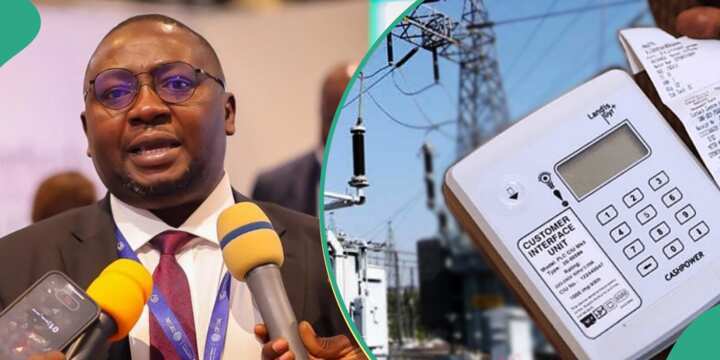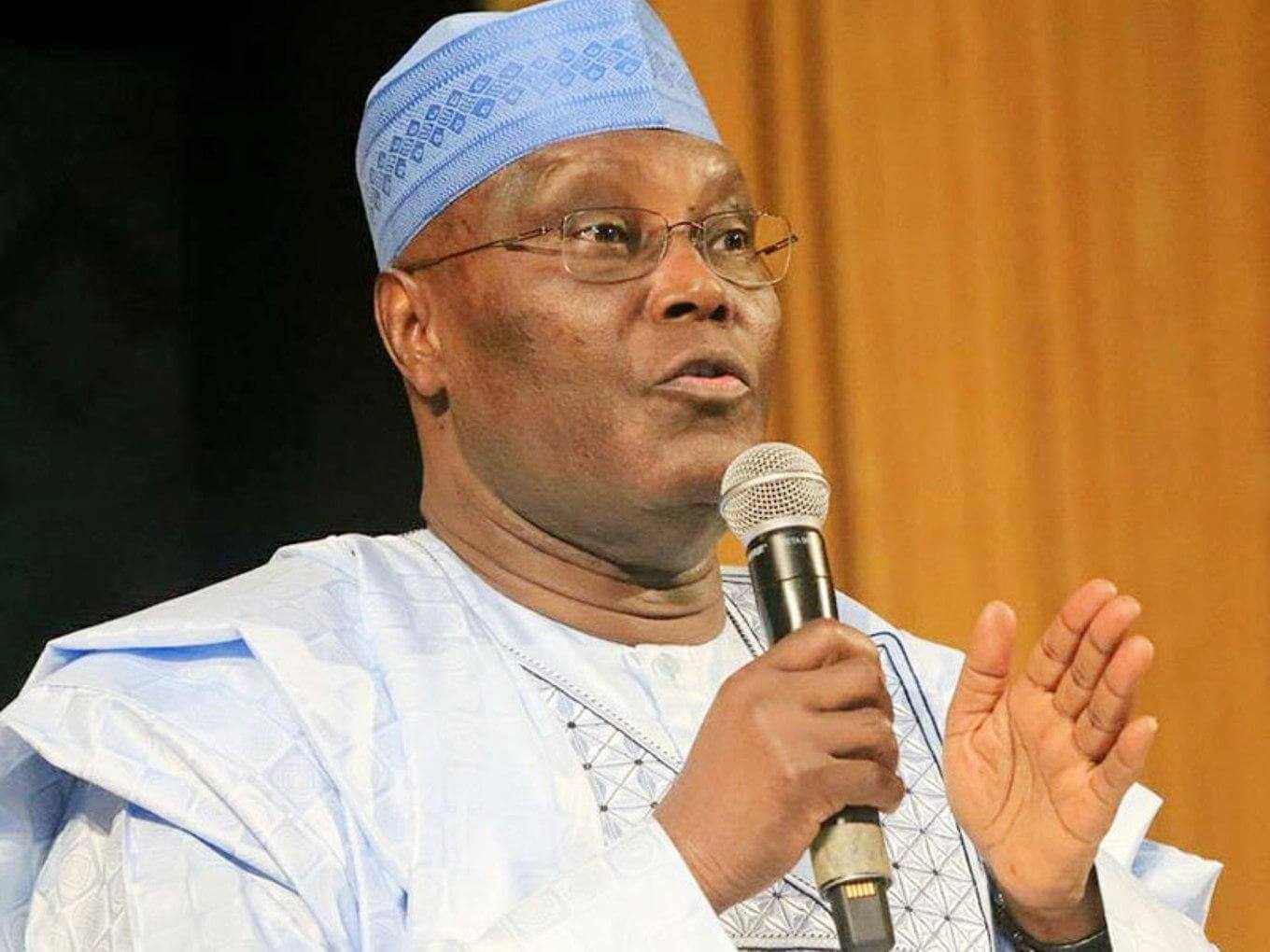- The Nigeria Labour Congress, Trade Union Congress, and Organised Private Sector have rejected the latest hike in electricity tariff for Band A customers
- The tariff hike was approved by the Nigerian Electricity Regulatory Commission (NERC) due to economic indices such as exchange rate fluctuations
- The increase has been met with criticism from consumers and businesses, who argue it will lead to increased costs, job losses, and economic decline
The Nigeria Labour Congress, Trade Union Congress, and Organised Private Sector have rejected the latest hike in the electricity tariff payable by customers in the Band A Category.
Some distribution firms, including Eko Electricity Distribution Company, Ibadan Electricity Distribution Company, and Kaduna Electricity Distribution Company, announced the recent hike. They raised their tariffs for Band A from N206.80 per kilowatt-hour to N209.50/kWh.
 Labour said increasing power costs during present economic hardship is heartless.
Image: Fb/Adelabu Penkelemesi
Labour said increasing power costs during present economic hardship is heartless.
Image: Fb/Adelabu PenkelemesiSource: Facebook
Organised labour, private sector operators, and consumers have kicked against the increase, questioning the rationale behind the power sector regulator's approval despite calls for the reversal of the previous tariff hike.
Francis Agoha, the acting General Manager of the IBEDC, stated that the review was approved by NERC and was necessitated by economic indices including fluctuations in the exchange rate, inflation rate, available generation capacity, and the cost of gas.
Nigerians kick against hike
The tariff hike has been met with widespread criticism, with many arguing that it would lead to an increase in the cost of manufacturing, making locally made goods less competitive with imported goods.
This could result in a decrease in profit, potentially leading to a shortage of industries and an increase in crime.
The National Vice President of the Nigerian Association of Small-Scale Industrialists, Segun Kuti-George, said the move was going to cause an additional shutdown of industries.
The National President, Association of Small Business Owners of Nigeria, Dr Femi Egbesola, said the increase in electricity tariff would negatively affect the private sector.
He said:
“Many organisations are already struggling to stay afloat, and this hike will push them over the edge. Universities are warning of impending bankruptcy, and businesses will be forced to close shop. This will lead to higher inflation as companies pass on the increased costs to consumers, resulting in higher prices for goods and commodities. Businesses that can’t absorb the costs will shut down, leading to job losses and a decline in economic activity. This will have a ripple effect on the entire economy, reducing government tax revenues and exacerbating social issues.”Lady shows 24/7 solar system that carries everything
Legit.ng had earlier reported that a Nigerian lady, Queen Esther, had testified about her gains since switching to solar energy more than four years ago.
Esther advised people not to buy generators but instead go solar, as she has done.
Source: Legit.ng
















 English (US) ·
English (US) ·